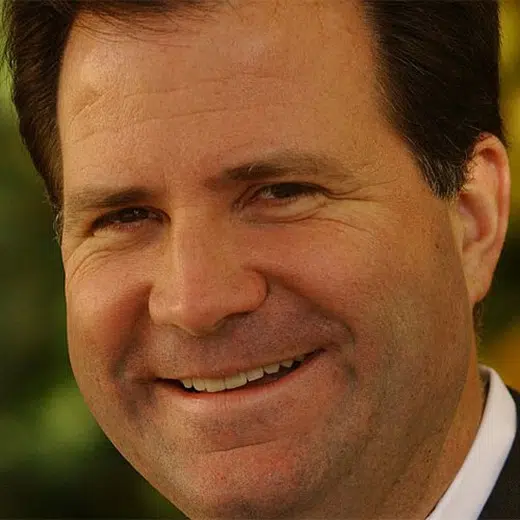By Sarah N. Lynch
WASHINGTON (Reuters) -The U.S. Justice Department, in the midst of investigating policing practices in three major cities, will toughen oversight of federal monitors who supervise implementation of police reforms mandated in civil consent decrees, Attorney General Merrick Garland said on Monday.
The department’s civil rights division is pursuing high-profile investigations into possible police abuses in Minneapolis https://www.reuters.com/world/us/us-launch-probe-minneapolis-police-after-george-floyd-murder-report-2021-04-21, Louisville https://www.reuters.com/world/us/us-launch-review-louisville-kentucky-police-abc-news-2021-04-26 and Phoenix https://www.reuters.com/legal/government/us-justice-department-launches-probe-into-policing-practices-arizona-2021-08-05. If the probes show that the those police departments engaged in patterns or practices of discrimination or use of excessive force, the department could seek to use a civil consent decree to enforce reforms.
In a speech at an event hosted by the International Association of Chiefs of Police, Garland said that while settlements with police departments have improved policing practices, it is “no secret” that monitorships have also led to frustrations.
“While consent decrees and monitorships are important tools to increase transparency and accountability – the department can and should do more to improve their efficiency and efficacy,” Garland said in his prepared remarks.
Monitors are typically hired to oversee consent decrees after negotiations between the parties and approval by a federal court. They are meant to serve as neutral arbiters of compliance with the consent decree’s terms.
The new rules will impose annual budget caps on monitors to prevent them from running up taxpayer costs for their services, and monitors will be required to undergo additional training, the department said. The rules also subject monitors to term limits and require them to undergo an assessment of their performance after several years to ensure they are effective.
After five years pass, cities and other local jurisdictions under a consent decree will be permitted to petition the court to move for termination of the monitorship by demonstrating compliance with the settlement’s terms.
In addition, the rules will bar monitors from “double-dipping” by serving on more than one monitoring team at a time.
The steps, outlined in a memo by Associate Attorney General Vanita Gupta, were crafted after the department held about 50 sessions with police departments, mayors and others.
Many officials told the department that while they felt consent decrees are useful to improving police practices, they were concerned about the sometimes high costs of monitor fees and the lack of oversight to ensure they are being held accountable.
President Joe Biden has vowed to address what he has called systemic racism in the United States.
The Justice Department on April 21 launched an investigation into Minneapolis policing practices following a jury’s verdict that a white police officer murdered a Black man named George Floyd in a 2020 incident that triggered racial justice protests in many U.S. cities.
The department five days later launched its investigation of the Louisville police department, whose officers last year fatally shot a Black woman named Breonna Taylor in a botched raid in another incident that prompted protests against police violence.
The department last month opened an investigation into whether police in Phoenix unlawfully have used deadly force, retaliated against peaceful protesters and violated the rights of homeless people.
(Reporting by Sarah N. Lynch; Editing by Will Dunham)






